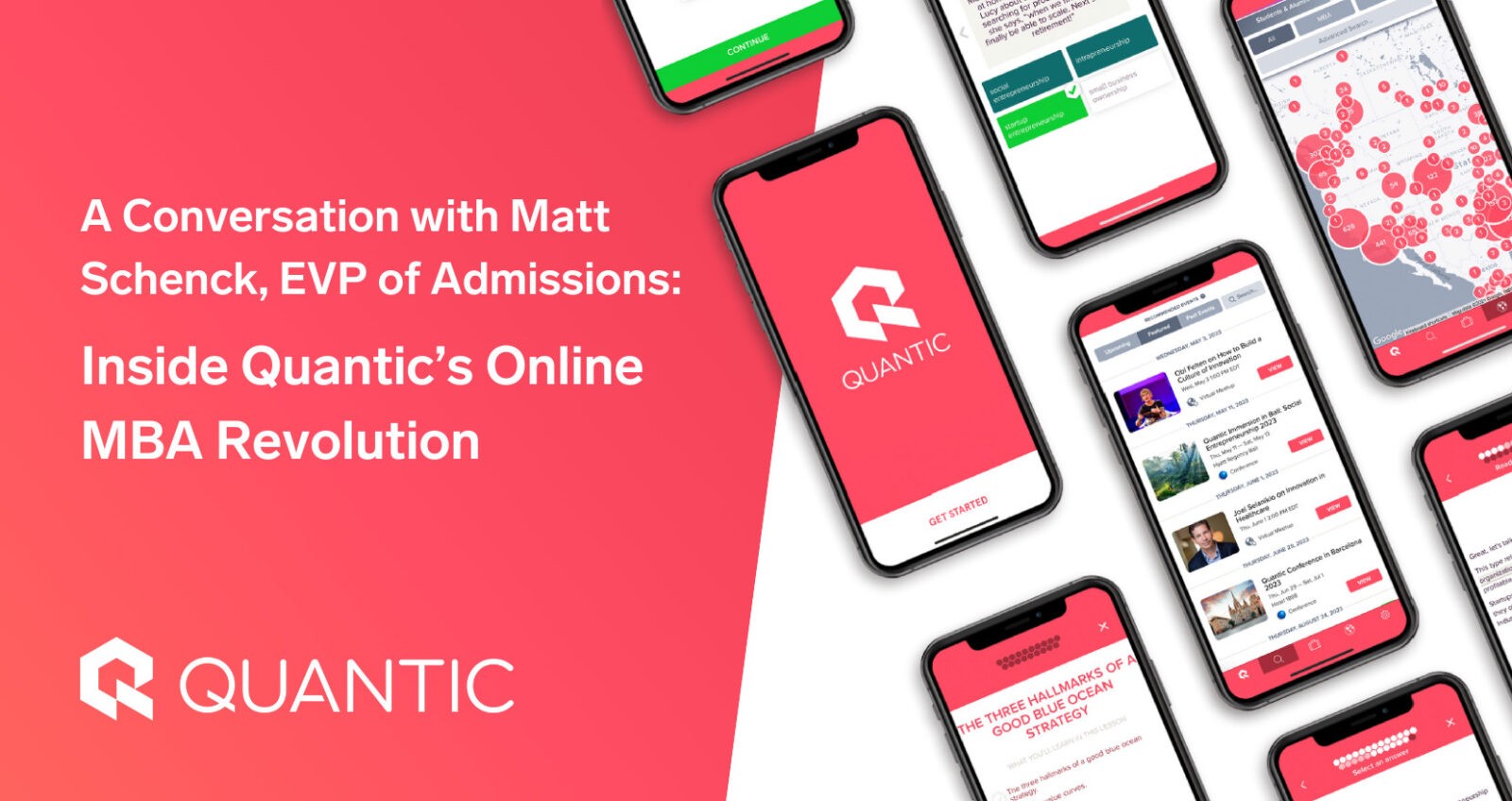EDUCATION
Herb Simon on Learning and Satisficing
This is the first of two blog posts delineating the pedagogical approach of Herb Simon, the man credited with inventing the field of artificial intelligence, for which he won a Turing award in 1975. Simon was a polyglot social scientist, computer scientist and economics professor at Carnegie Mellon University. He later won the Nobel Prize in 1978 in economics for his work in organizational decision-making.

Herbert Simon, Pittsburg Post Gazette Archives
“Learning results from what the student does and thinks and only from what the student does and thinks. The teacher can advance learning only by influencing what the student does to learn.” –Herb Simon
Among his many accomplishments, Herb Simon was a pioneer in the field of adaptive production systems. He also identified the decision-making strategy “satisficing,” which describes the goal of finding a solution that is “good enough” and which meets an acceptability threshold, as opposed to “optimizing,” which aims to find an ideal solution.
Simon believed that human beings lack the cognitive resources to optimize, and are usually operating under imperfect information or inaccurate probabilities of outcomes. In both computer algorithm optimization and human decision-making, satisficing can save significant resources, as the cost of collecting the additional information needed to make the optimal decision can often exceed the total benefit of the current decision.
We live in a world where overwhelming amounts of information are at our very fingertips. Every month new educational software offerings are on the market. You can find tutorials to fix anything in your house, learn a new language for free, find lessons that teach you to dance, and watch video lectures from top universities in the topics of your choice.
I like to think of myself as a polyglot learner: I would love nothing better than to just take a year, or two, or ten, and learn as much as I can about everything. But unfortunately, I have limited time. How do I know which tutorials, lessons, and classes are worth the commitment of my time? How can I find a satisficing solution to the problem of becoming a more well-rounded learner and human being?
In Simon’s words, “information is not the scarce resource; what is scarce is the time for us humans to attend to it.” At Pedago we’ve been inspired by thinkers such as Simon to build a learning solution that makes the most of the scarce resource of your time, by employing curated streams of bite-sized lessons; rich, explorable connections between topics; interactive learn-by-doing experiences; and just the right amount of gamification. We want to enable you to craft your own learning experience, so that you can, as Simon would say, positively influence what you do and what you think.
Stay tuned for the second post in this series as we examine Simon’s modeling of human learning.



